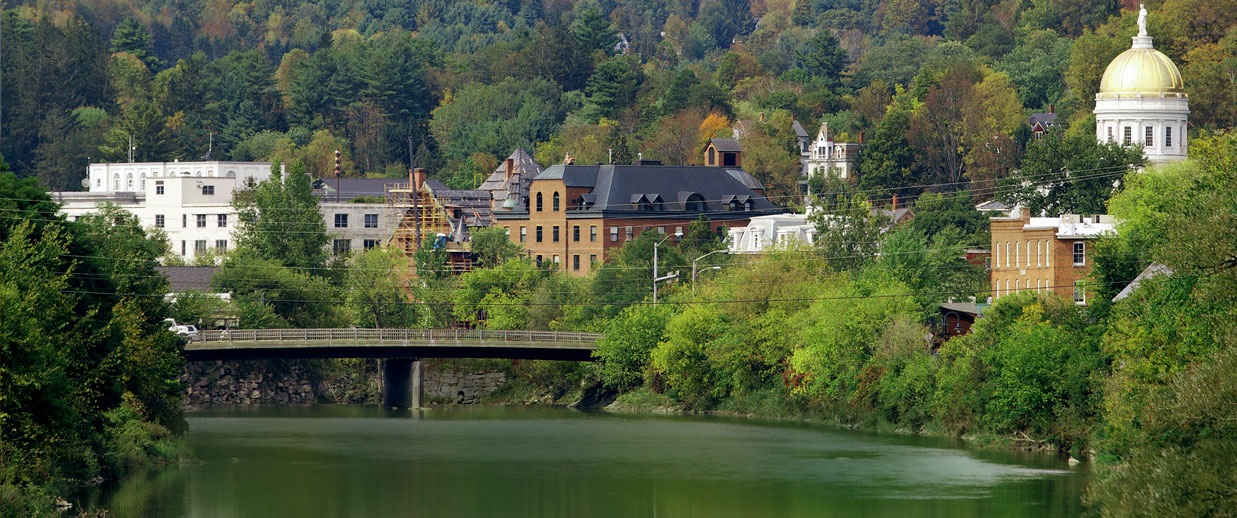Under the traditional common-law negligence theory that was the rule of law in Vermont until very recently, the duty of care a landowner owes to persons entering their property hinges on whether such persons are classified as an “invitee” or “licensee” or “trespasser.” An invitee is a person who enters property for the purpose of doing business with the landowner, whereas a licensee is a person who merely enters or remains on the land with the landowner’s consent. Licensees generally include social guests, as well as anyone other than a business visitor who enters the land with the permission of the landowner. Trespassers are persons who intentionally enter the land without the landowner’s consent.
Under this tripartite distinction, the landowner would owe a duty of reasonable care to invitees, such that the invitee is not unnecessarily or unreasonably exposed to danger. This obligation generally required landowners to inspect and maintain their property and to warn the invitee of dangerous conditions. Conversely, licensees were entitled to a duty of care only to prevent active or affirmative negligence by the landowner. This standard generally required the landowner only to warn the licensee of dangerous conditions already known to the landowner but unknown to the licensee. Unlike invitees and licensees, landowners owe no duty to protect an unlawful trespasser from injury caused by unsafe or hazardous conditions.
In the recent decision of Demag v. Better Power Equipment, Inc., 2014 VT 78 (click on case name to view decision), the Vermont Supreme Court joined the growing majority of jurisdictions that have abolished the invitee-licensee distinction as failing to reflect current social values regarding premises liability. The Court found that a visitor’s safety is no less worthy of protection by the law merely because he or she is a social guest and not a business invitee, and that “the arbitrariness, rigidity and complexity of the distinctions that have developed to separate licensees from invitees is one of the reasons” for abandoning the distinction. In Demag, the court held that landowners now owe the same duty of care to licensees as to invitees and that the general standard of “reasonable care in all the circumstances” is a better reflection of society’s expectation of the duty of care owed by landowners to all lawful entrants. The decision does not alter the duty of care owed to unlawful trespassers. While a lawful entrant’s status is no longer controlling on the duty of care owed, it remains one element to be considered by the courts in determining a claim of landowner negligence.
For additional information on premises liability please contact Stitzel, Page & Fletcher.

